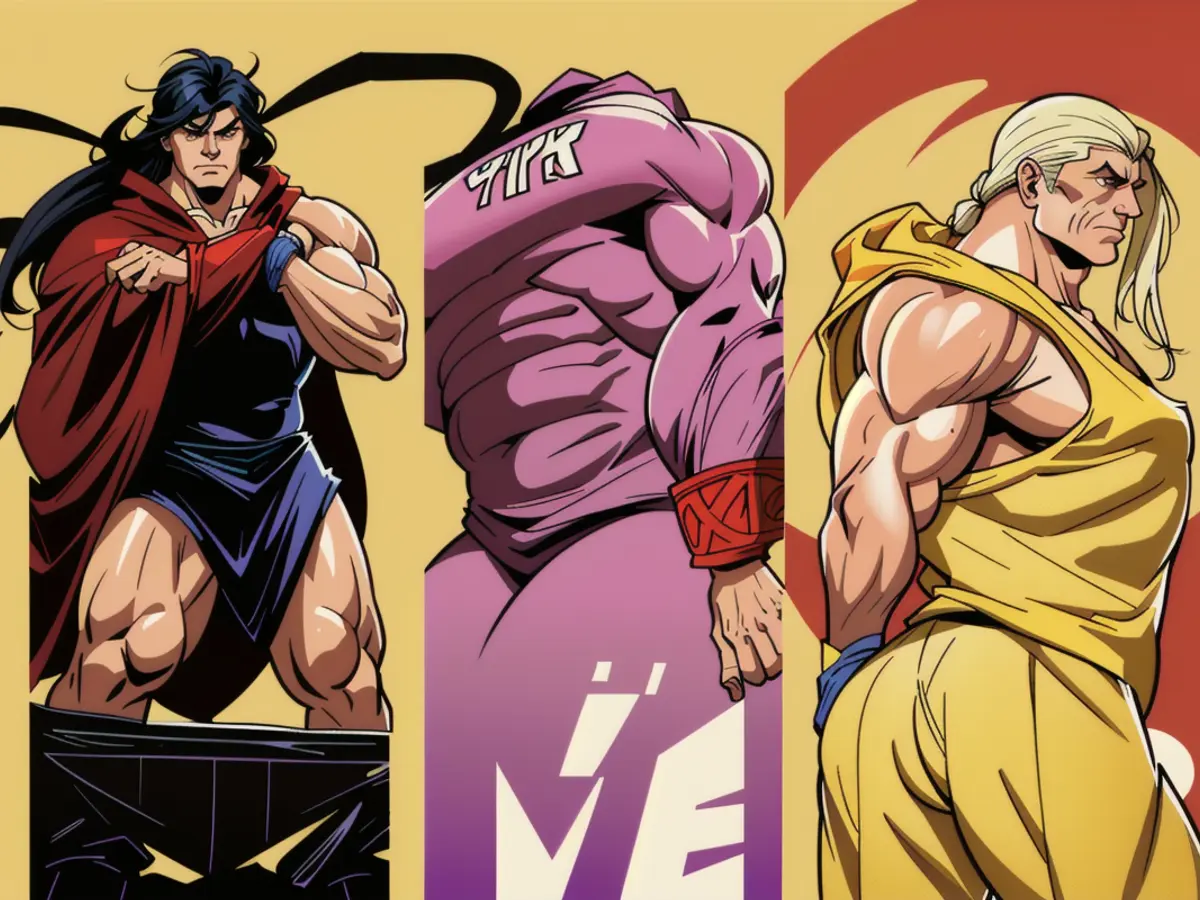Behind-the-Scenes Look at Bandcamp's Artist-Oriented Business Practices
I'm a passionate music enthusiast, interviewing legends from James Brown to Big Sean, Dolly Parton to Taylor Swift. I've been dubbed a musicology guru by a big-name manager, but faced with a Bandcamp editorial meeting, I felt like a newborn hearing The Beatles for the first time. Their encyclopedic knowledge of music, spanning genres and eras, left me in awe.
Bandcamp, billed as "The premier online record store and music community," takes pride in its brick-and-mortar-inspired approach, offering an expansive library of imports, rarities, used records, and more. Imagine stepping into a record store that stretches for miles, with artists popping in for meet-and-greets and in-stores. You could spend years getting lost in there.
What sets Bandcamp apart in 2025 is its unwavering commitment to artists amidst the streaming service turmoil. Their motto, "Support artists directly," rings true, with the majority of revenue going directly to artists. This communal music discovery ecosystem fosters a vibrant, supportive relationship between artists and fans, releasing and selling a broad range of music products, including digital and physical records, vinyl, apparel, and merchandise.
I sat in on a meeting and chatted with general manager Dan Melnick and editorial director J Edward Keyes to gain insights into Bandcamp's 2025 operations.
Steve Baltin: Dan, you sat in on editorial meetings too? What's your favorite story?
Dan Melnick: I've been at Bandcamp about two years. Before that, I worked in the music instrument industry, but I've been a Bandcamp user since 2012. I love the jazz column because I listen to a lot of jazz. I'm especially fond of the scene reports, which focus on a specific city's music scene. They're global and eclectic, and I've discovered a wealth of music from all over the world. Discovering a tiny, up-and-coming artist from Brazil who's not on Spotify and featured in the daily is truly exciting.
Baltin: What's your favorite discovery on there?
Melnick: I don't know if I can pick a favorite, but I'll share a recent one. Bandcamp Daily featured Jeff Parker ETA Quartet's The Way Out of Easy, and it was one of my favorite records from last year.
Baltin: Talk about the importance of continuing artist development and discovery.
Melnick: We value artist development and investment in real artists making music, especially in the age of AI. Our model is centered on supporting artists directly and fans paying for music. Musical instrument companies have similar goals, wanting people to keep playing instruments. Bandcamp and these companies share a common objective.
Baltin: Are you seeing a shift towards AI in music, with mainstream records adopting organic sounds?
J Edward Keyes: It's hard to pinpoint, considering Bandcamp's vast music library. However, I haven't noticed a significant increase in records created with AI. Vaporwave and future funk genres might incorporate synthetic sounds, but they're not produced by robots.
Baltin: How do you decide who to cover?
Keyes: We evaluate if an artist is likely to receive widespread coverage and if our coverage can help shine a light on emerging or underappreciated artists. Our goal is to showcase lesser-known artists like Etran de L'Air, a band from Sudan touring America.
Baltin: How do you handle catalog artists?
Keyes: We're always excited to feature established artists like Ron Sexsmith. Our guides, such as the recent John Lurie and Bill Laswell guides, highlight lesser-known but cool artists.
Baltin: Do you ever actively try to bring an artist to the site?
Melnick: No, we don't typically go out of our way to bring artists to the site, and we don't write about music unless it's on Bandcamp. We want artists to join to benefit from coverage and support.
Keyes: Bandcamp Daily exists to shine a light on artists using Bandcamp to connect with fans. Our starting point is artists on Bandcamp, and we shine a light there. We've never had top-down pressure to cover certain artists.
Baltin: What's the direction of Bandcamp for 2025?
Melnick: We're excited about our playlist feature. We're launching playlist sharing soon, giving fans and collectors the opportunity to share their favorite music and support the artists they love.
Keyes: In addition, we're integrating with Bluesky, allowing artists with a Pro subscription to link their accounts. This cross-platform identification enhances artist profiles. We'll continue hosting Bandcamp Fridays, generating over $120 million for artists since their inception. Our strategy includes promoting existing music and merchandise, engaging fans on social media, offering exclusive content, and fostering community engagement.
- In the world of Bandcamp, a premier online record store and music community, I felt as insanely overwhelmed as a newborn hearing The Beatles for the first time, surrounded by an encyclopedic library of music, from jazz to world music, effectively connecting music geeks like me with underappreciated artists such as Etran de L'Air from Sudan.
- As a musicologist, immersing myself in a 2025 Bandcamp editorial meeting with Dan Melnick and J Edward Keyes was a fascinating experience, revealing the importance of artist development and direct support for musicians in an era when artificial intelligence could potentially dominate the music landscape.
- Despite Bandcamp not actively trying to bring artists to the site, I was thrilled to discover lesser-known artists like Julien Baker, and championed her music to fellow music lovers, exploring a Finnish-inspired playlist, fueling my passion for indie and folk music just as much as the music of Taylor Swift and Dolly Parton.








